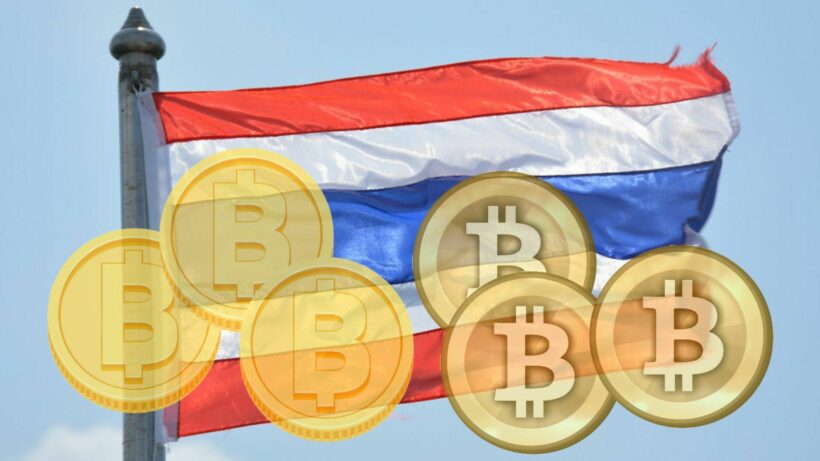Bank of Thailand wrestles with cryptocurrency adoption

The Bank of Thailand is wrestling with cryptocurrency – how to adopt its usage and how to regulate it in the face of growing popularity, along with all the dynamics surrounding the new ‘currencies’.. The BOT admits they’re struggling with balancing the innovation in the financial world and protecting investors in a volatile and unstable market. Digital currency fluctuates much more widely than national currencies. Last year the BOT launched a prototype scheme for digital currency as Thailand has tried to attract cryptocurrency tourism. And failed.
Cryptocurrency can be viewed in 2 categories – ones stablised by backing with assets, often called stablecoin, and ones without stable assets backing them, such as the most popular cryptocurrency Bitcoin. Stablecoin can then be fiat-backed, asset-backed or algorithmic. Some stablecoin can be further stabilised by being backed by a national currency, like a cryptocurrency being backed by Thai baht.
Cryptocurrency carries many advantages over traditional currency, especially in an increasingly global market. Fundraising, investing, transferring money and digital purchases are all simplified by crypto, and the BOT believes further digital innovation is inevitable.
The drawbacks of crypto, aside from its famous volatility, are that cryptocurrency aren’t legal tender and the issuers credibility, or lack thereof, may destabilise any financial system tied to crypto. Cybersecurity and consumer protection issues, as well as the ease of money laundering and illegal transactions are other negatives to crypto. Aware of these issues, the BOT requires consultation for any stablecoin before beginning operations.
Cryptocurrency is growing in popularity globally, but not every country is prepared or welcoming. China and Indonesia have limited the trade and use for payment of cryptocurrencies. Japan, Singapore and the UK move forward more cautiously, with monitoring, investor protection, and strong anti-laundering policy.
Meanwhile, the Indian government is to propose a law banning cryptocurrencies, fining anyone trading in the country or even holding such digital assets, according to Reuters. The bill represents one of the world’s strictest policies against cryptocurrencies, penalising possession, issuance, mining, trading and transferring crypto-assets.
That decision comes days after Tesla head Elon Musk announced that the car and tech will now accept Bitcoin as a mode of payment.
“You can now buy a Tesla with Bitcoin,” Musk said in a tweet. Tesla is the first major automaker accepting payments in bitcoin in exchange for its products.
Now, the Bank of Thailand is cautiously looking to launch a cryptocurrency in the near future, weighing the risk against the growing call to embrace new financial innovation. Bitcoin started 2021 at US$29,000 and has skyrocketed, hovering in the US$50-60,000 range.
SOURCE: Thai PBS World
Latest Thailand News
Follow The Thaiger on Google News:


























